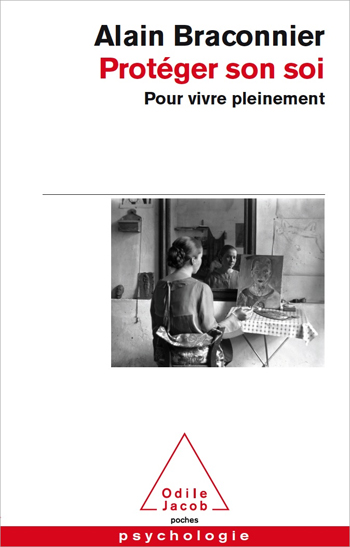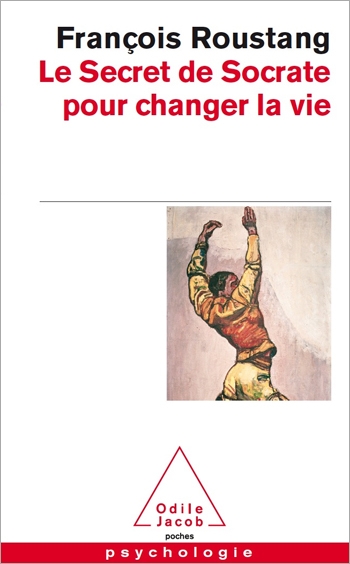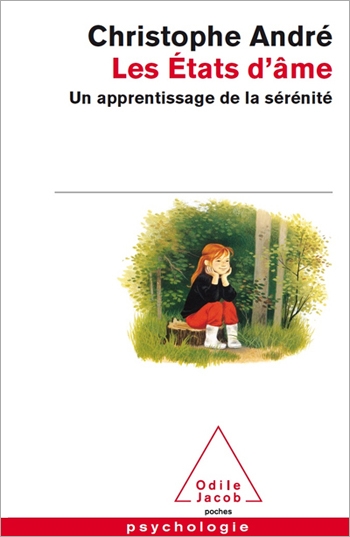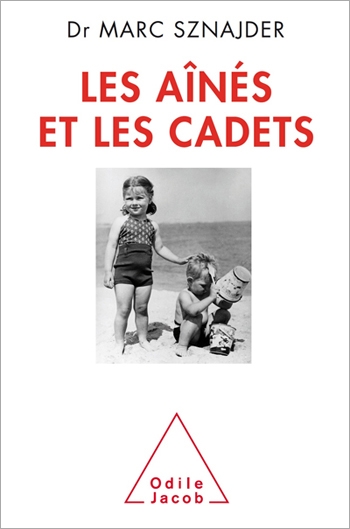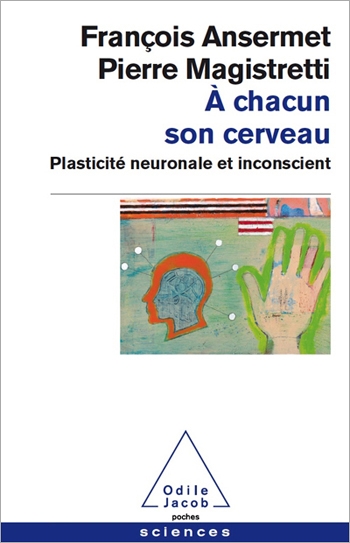Psychology All books
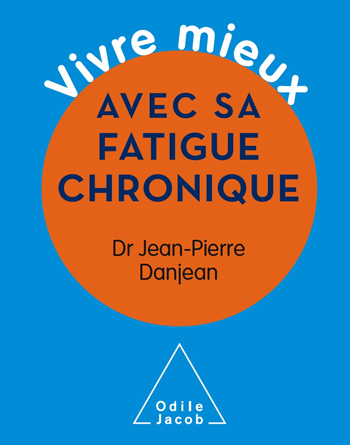
Jean-Pierre Danjean
Living With and Overcoming Chronic Fatigue
Preventing, understanding and overcoming chronic fatigue — a condition that was not recognised as a disease until 1988
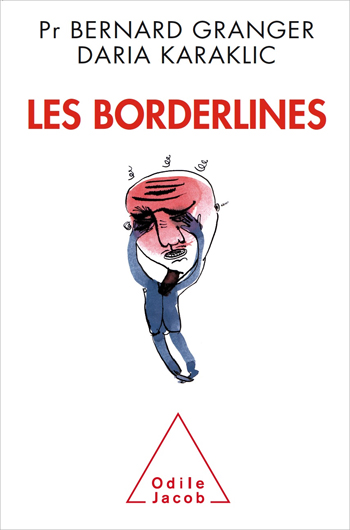
Bernard Granger, Daria Karaklic
Borderline Personality Disorder
If you suffer from borderline personality disorder take heart — it is not irreversible!
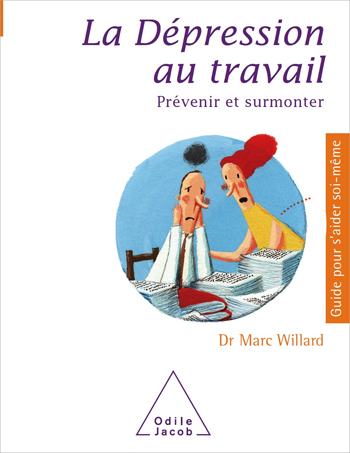
Marc Willard
Preventing and Overcoming Job-related Depression
How to prevent and overcome workplace-related depression
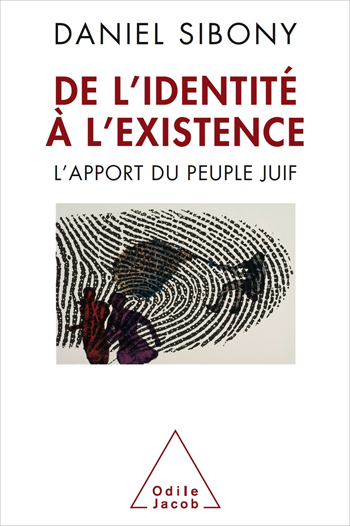
Daniel Sibony
From Identity to Existence The Jewish People’s Contribution
How the uniqueness of the Jewish people can help us all —Jews and non-Jews
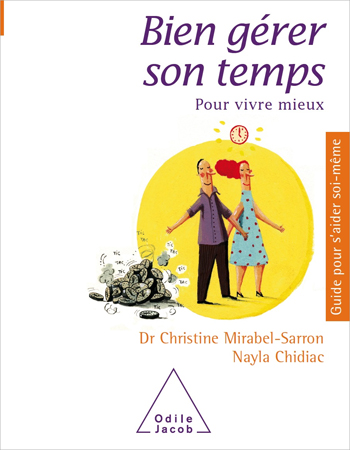
Christine Mirabel-Sarron, Nayla Chidiac
Managing Your Time Well
Feeling overwhelmed and short of time is not inevitable. We can all “make” time and lead better lives.
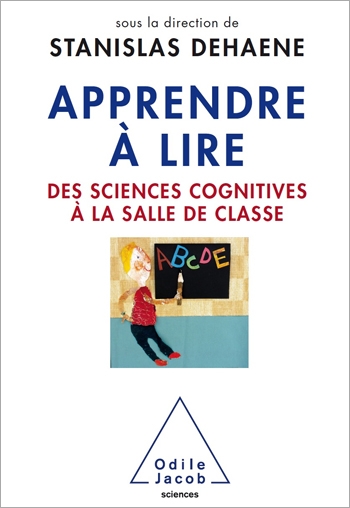
Stanislas Dehaene
Learning to Read A New Approach Based on the Neurosciences
A new method to teach reading skills, based on recent research in the neurosciences, for the use of parents and teachers.

Xavier Pommereau
Teens.com Follow Their Progress
A new method to understand and treat troubled adolescents based on their own lifestyle
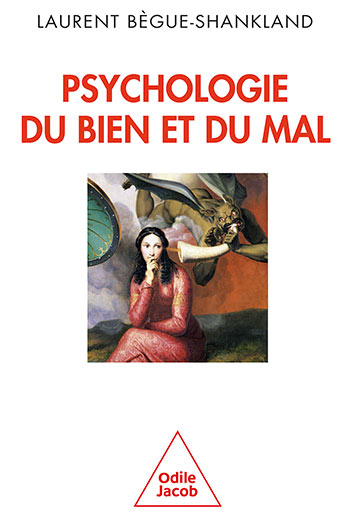
Laurent Bègue-Shankland
The Psychology of Good and Evil
How our idea of morality builds on and informs our personal life and our relationships
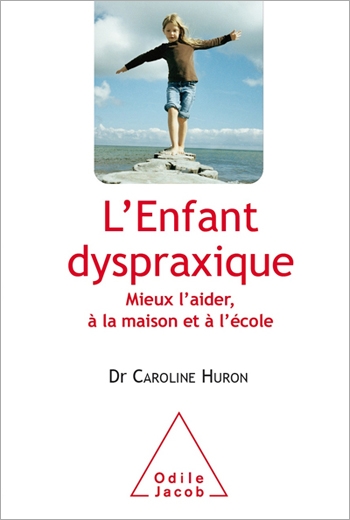
Caroline Huron
Dyspraxia: Motor coordination disorder
How to help children with motor coordination difficulties face their daily tasks
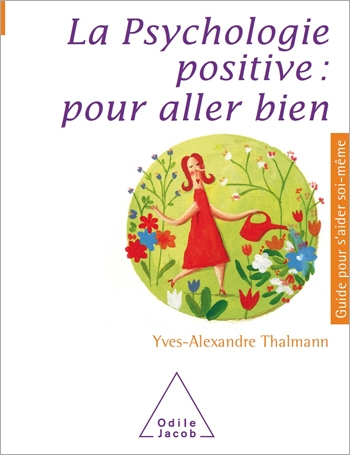
Yves-Alexandre Thalmann
Feeling Great With Positive Psychology
Discover the path to wellbeing through positive psychology, a scientifically based method.

Boris Cyrulnik
Child Suicide Attachment and Society
The number of child and teenage suicides is greatly underestimated, warns Boris Cyrulnik, in a report commissioned by the French government

Charles-Édouard Rengade, Frédéric Fanget
Living With and Overcoming Impulsiveness
Impulsiveness can be overcome. This book shows how one can learn to control it

Didier Pleux
A Day With ZOUP
Based on the insights of an eminent psychologist, this book of children’s bedtime stories will be a boon for parents.
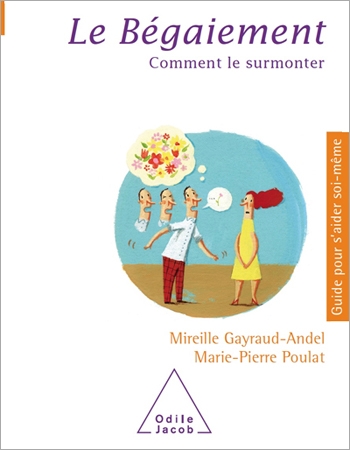
Mireille Gayraud-Andel , Marie-Pierre Poulat
Stuttering and How to Overcome It
This informative guide shows how to overcome stuttering and recover self-esteem.

Aldo Naouri
Mothers-in-Law Fathers-in-Law, Daughters-in-Law and Sons-in-Law
Why is it so hard to get on with your in-laws? A fascinating enquiry into the heart of family life

Jacques-Antoine Malarewicz
The End of Psychotherapy
Psychotherapy is becoming extinct. This book warns us of a process that threatens society.
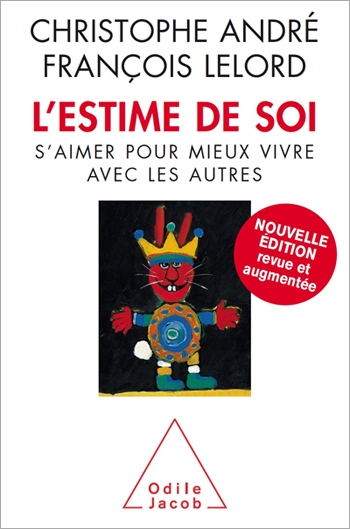
Christophe André, François Lelord
Self Esteem Liking Yourself in Order to Live Better With Others
Self-belief, self-love, self-confidence... These are all facets of self-esteem, a basic aspect of the human personality, which results from our self-image and how we judge ourselves...

Élie Hantouche, Nathalie Faucheux
Lea's Diary OCDs and Bipolar Disorders
How to overcome one’s mental disorders by watching films about them.

Virginie Pape
Life’s Music
The beneficial effects, in both paediatrics and gerontology, of the distant music that composes our lives
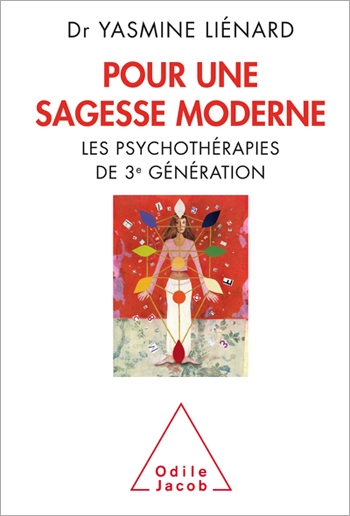
Yasmine Liénard
In Support of a New Wisdom Third Generation Psychotherapies
Using meditation and mindfulness to adapt to our changing society

Willy Pasini
The Arms of Seduction
A lesson in seduction for those who wish to seduce without being seduced

Fatma Bouvet de la Maisonneuve
Women's choice
woman physician-psychiatrist appraises the condition of women in today’s society.
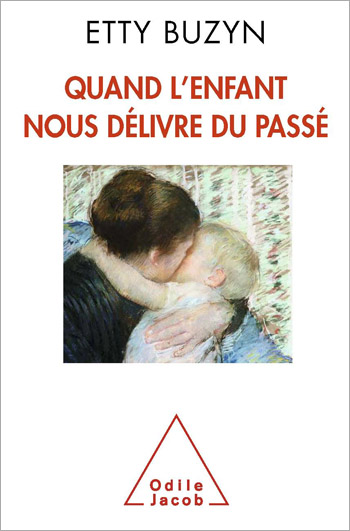
Etty Buzyn
When the Child Frees Up of Our Past
All families unconsciously transmit their history. A new baby is both the bearer and divulger of that history...
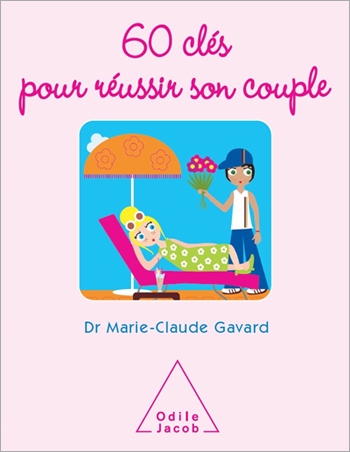
Marie-Claude Gavard
Sixty Ways to Make Your Relationship a Success
In 60 points, the author explains how to rebuild a solid relationship.
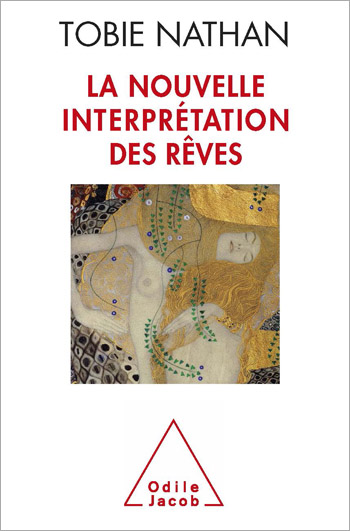
Tobie Nathan
The New Interpretation of Dreams
“A dream that has not been interpreted is like an unread letter,” according to one of the treatises of the Talmud. For a long time, it was thought that psychoanalysts were dream specialists, and Freud himself regarded The Interpretation of Dreams as his seminal work. But Freud never revised the general principles that he defined in 1899, and no psychoanalyst since then has made new propositions to the Freudian postulates concerning methods of dream interpretation. Today, the majority of researchers working on dreams are neurophysiologists, who completely exclude any notion of interpretation. So the issue remains intact and is far from being resolved. While conceding that dreams constitute a physiological reality, Tobie Nathan argues that they cannot be regarded as the hallucinatory fulfilment of the dreamer's repressed wishes, as is generally claimed. So do dreams serve any purpose? Do dreams have any meaning? Nathan returns to these age-old questions and examines them with the audacity and originality that he is known for. In the process, he draws on recent findings in the neurosciences, on the teachings of psychoanalysis — as well as on the lessons of the Talmud.

